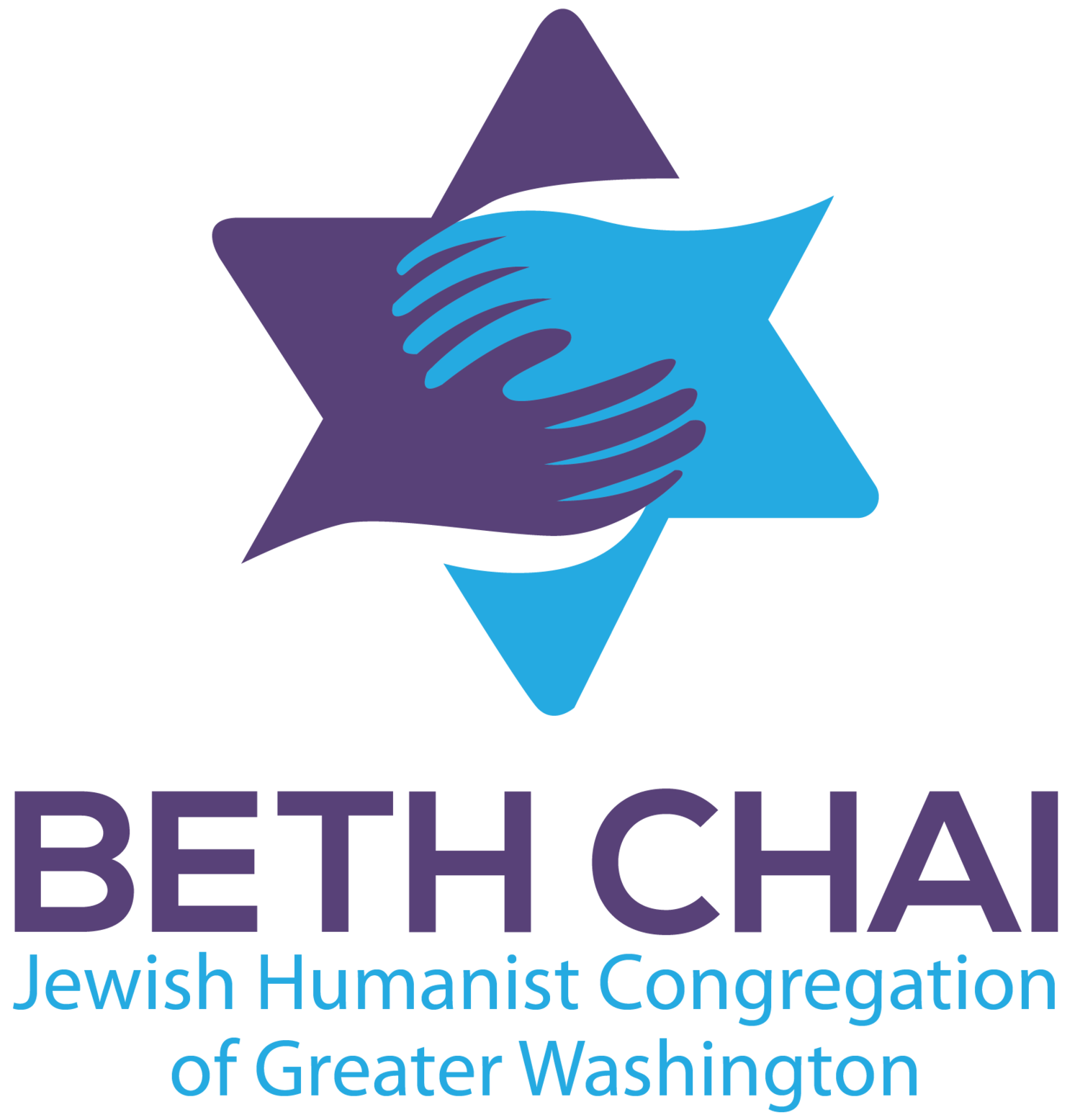JUNETEENTH AND PASSOVER
Could you imagine Judaism without Passover?
According to the Pew Research firm, 70% of all people who identify as Jewish, whether they are observant or not, go to a Passover seder in a given year. This compares to 23% who say that they attend services regularly. In my own family, even the most Jewishly disconnected family members still go to a Passover seder.
There are numerous stories about Jews going to great lengths to be able to celebrate Passover. I read recently, while in solitary confinement in the gulag, Natan Sharansky, the former Soviet dissident, scraped together a Passover seder. There is a colorful story about Jewish Civil War soldiers piecing together a seder with found items while camping out between battles. During the Holocaust, Jews in the concentration camps finding creative ways to mark Passover.
Passover and its message of freedom is perhaps the single greatest unifier of Jewish identity. When we celebrate Passover, we mark the fundamental values, commitment to social justice and shared experience of the Jewish people. Without Passover, we would feel unmoored and adrift. Without Passover, we would still feel like slaves.
This week when President Biden declared Juneteenth as a national holiday, I thought about Passover and, more specifically, what a Jewish life without Passover would feel like. Juneteenth marks the day that the last African American slaves in the United States heard that they were free. On June 19, 1865, Maj. Gen. Gordon Granger and his troops marched into Galveston, Texas, and announced the end of slavery. The Civil War had been over for two months and the Emancipation Proclamation had been signed two and half years earlier, but nobody had bothered to tell the slaves of Galveston.
The Jewish community, for many a millennium, has come together yearly to say, “We are free.” This repetition impacts our sense of self and our identity in the world around us. By not acknowledging Juneteenth in an organized fashion for these past 156 years, our nation has denied the celebration of African-American freedom. With all the injustices done to the African-American community, this might seem like a small slight. Rather it is just a small symbol of a much greater issue – our country’s reluctance to put racism aside once and for all and inability to fully celebrate equality as a communal value.
So, as we enter Shabbat, I wish you a joyful, meaningful Juneteenth weekend. In the years ahead, I look forward to finding new and creative ways to celebrate this new national holiday as a Jew and as an American. May the freedom the Juneteenth celebrates soon become ubiquitous in our national consciousness.
